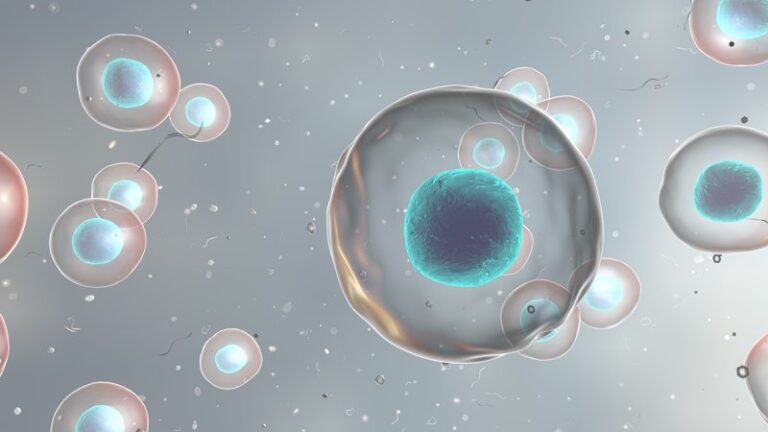There’s an old adage in medicine that no sick patient should die without a trial of steroids. We are, perhaps, moving towards a similar paradigm in oncology, where everyone with advanced cancer receives a trial of immunotherapy.
There are two key challenges currently facing immunotherapy: identification of responders and improvement of response rates.
Regarding response prediction, there are three biomarkers linked to immunotherapy approvals: tumour mutational burden (TMB), microsatellite instability (MSI) and PD-L1 expression. TMB and PD-L1 are continuous variables; however, they are currently used as binary (positive or negative) biomarkers. PD-L1 expression correlates with response to immunotherapy, but has little utility as a binary biomarker1.
Similarly, TMB predicts response to both PD-(L)1 and CTLA-4 inhibition2, but is suboptimal as a positive/negative test3. The future will see more studies exploring combinations of biomarkers to generate response prediction scores that can be interpreted in the context of an individual patient’s clinical characteristics and treatment preferences.
The drive to increase response rates is now focussing beyond T cells to other parts of the immune system. These include
myeloid cells, which can dampen the anti-tumour immune response, and NK cells, whose anti-tumour activity can be enhanced by therapeutic intervention.
The future of immunotherapy will likely comprise combinations of agents targeting different aspects of the immune response, potentially given with anti-tumour chemotherapy and/or molecularly targeted drugs.
1 JCO Precision Oncology no. 4 (2020) 1196-1206
2 Clin Cancer Res. 2020 Sep 15;26(18):4842-4851
3 Lancet Oncol. 2020 Oct;21(10):1353-1365

